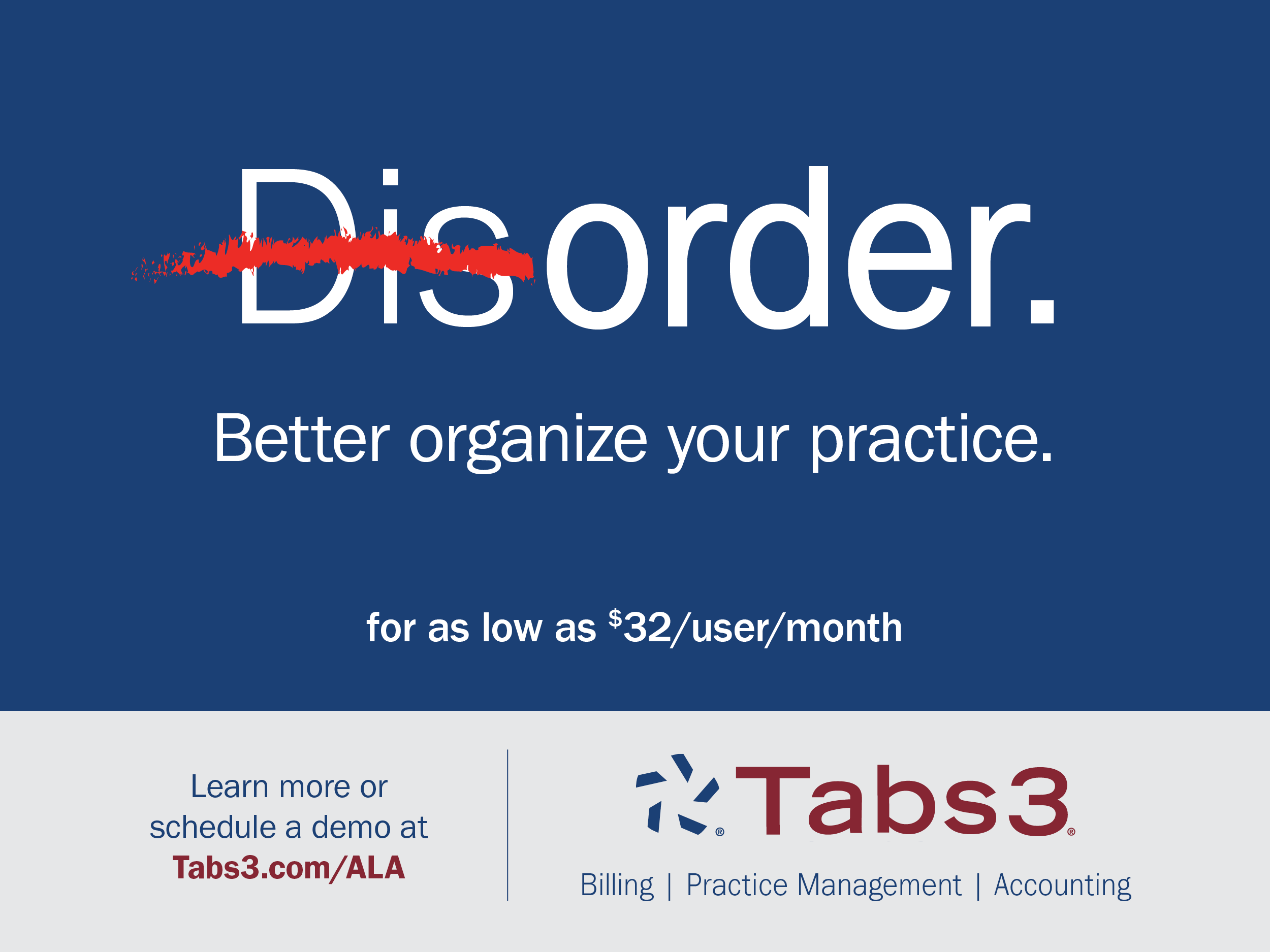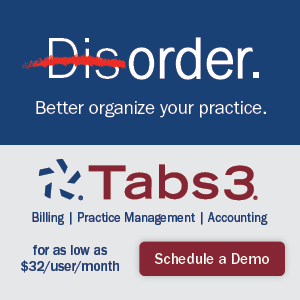Even with all the talk of equity and equality — especially in the past year — and efforts to address bias when it comes to hiring in legal organizations, it very much still exists. And, it can lead to a number of negative consequences for law firms.
“From a moral perspective, unconscious bias allows for discriminatory hiring practices that discount people based on immutable characteristics, which [is] explicitly antihumanist and runs contrary to the idea that all people are created equal,” says Eric Rohrback, the Director of Growth Marketing at Hill & Ponton, a nationwide firm of veterans’ disability lawyers. “From a business perspective, unconscious bias can result in suboptimal hiring practices with respect to talent and fitness for a role. By inadvertently judging a book by its cover, a law firm may end up passing up on quality employees that would have a positive impact on the bottom line.”
By learning about what kinds of biases emerge during the hiring process and working to eradicate them, legal organizations can fill open positions with the best candidates and experience much greater outcomes overall.
REVEALING BIASES IN THE HIRING PROCESS
There are different points in the recruiting and interviewing process where biases could show up. For instance, even if recruiters have never seen a person, they could look at their résumé and learn about their identity.
According to Grant Walsh, the national recruiting coordinator for the America’s largest women-owned national full-service law firm Culhane Meadows, certain information on a person’s résumé could indicate their cultural background.
“If they graduated from a [historically Black college or university], that is generally a signal that the person is Black,” he says. “Similar conclusions about candidates’ personal lives and backgrounds are often made if they list affinity groups on their résumé (e.g., LGBTQ+ Bar Association, Hispanic Bar Association).”
Unconscious bias could also enter the picture when it comes to candidates’ names. Ellen Rosenstiel, SHRM-SCP, Administrative Manager at Kutak Rock LLP in Washington, D.C., currently chairs ALA’s Diversity, Equity, Inclusion and Accessibility Committee. She says there have been several studies that prove résumés with white-sounding names receive twice the number of callbacks as résumés with non-white-sounding names — even when everything else on the résumé is identical.
“[By] expanding the pipeline beyond a small group of target schools, firms can do better as it relates to diversity while still capturing candidates who are highly qualified and full of potential.”
“If I am a minority candidate and looking for job, I will either have to send out twice as many résumés as a white candidate or take action to ‘whiten’ my résumé in order to get the same opportunities as my white counterparts,” she says.
Additionally, unconscious bias may be at play if law firm recruiters are consistently looking for candidates from a small number of target schools, according to Matthew Spencer, Cofounder and Chief Executive Officer of Suited, an artificial intelligence-powered recruiting network. If they keep this up, Spencer says they will continue to yield lower numbers of individuals from historically underrepresented demographic groups in their associate classes.
HOW TO ADDRESS UNCONSCIOUS BIAS
The first step to addressing — and eliminating — unconscious bias is to acknowledge that it exists.
“Our unconscious bias is at work every day in almost everything we do,” says Rosenstiel. “It is without a doubt hardwired into our hiring processes. Employers who want to combat this type of prejudice and discrimination must first acknowledge that it exists within each of us and that it is clouding our screening of qualified candidates.”
She recommends that legal organizations train their interviewers to be cognizant of their biases “and consciously work toward ensuring these biases do not affect the hiring process.”
A hiring panel for selection and interviews could prove to be helpful. Clinton says the panel should be as diverse as possible when it comes to experience, age, gender, race and ethnicity. She also suggests developing objective criteria for the résumé review process.
“I would suggest not over-relying on criteria such as what law school someone attended, their rankings or even GPA — but rather try to look at the whole person and focus on whether the candidates have the experience and skills to perform the job,” says Rosenstiel.
To make hiring as effective as possible, Rohrback says legal organizations could implement more rigorous implicit bias training as part of a commitment to social justice in the workplace. “And they can leverage AI to help make the recruitment and résumé sorting process as disinterested and neutral as possible. Existing AI and sorting algorithms can also be retooled to remove personal data from the sorting and shortlisting process, such as gender pronouns and race.”
Blind evaluations, like the ones Culhane Meadows does, could be effective, too. According to Walsh, this could entail recruiters presenting a candidate’s background data and experience without revealing their name, gender, ethnicity or age.
A firm can use tools like Textio, Blendoor and Pinpoint to remove demographic information from résumés, says Rosenstiel. “If you don’t have a budget for this type of software, you can also do some of this internally by redacting demographic information from the résumés. We’re law firms — we redact.”
“Employers who want to combat this type of prejudice and discrimination must first acknowledge that it exists within each of us and that it is clouding our screening of qualified candidates.”
Joyce Smithey, Founder and Partner at Smithey Law Group, suggests that legal organizations focus on the experience of the candidates. She says they can do this by using the same questions for every candidate. “Employers can also require candidates to take a writing test, for example, to measure skills across candidates.”
When recruiting from educational institutions, Spencer suggests widening your reach. “[By] expanding the pipeline beyond a small group of target schools, firms can do better as it relates to diversity while still capturing candidates who are highly qualified and full of potential.”
CONQUERING BIAS, ONE STEP AT A TIME
While legal organizations won’t overcome biased hiring overnight, they can take steps in the right direction to recruit the top candidates and make their workplace more equitable.
“I think it’s unlikely we can get rid of our unconscious bias — at least in my lifetime —but I think we can be aware that it exists and how are biases negatively affect our hiring decisions,” says Rosenstiel. “Being aware of our biases and making a conscious effort to interrupt those biased decisions will help us to create a more inclusive, diverse and equitable organization.”


